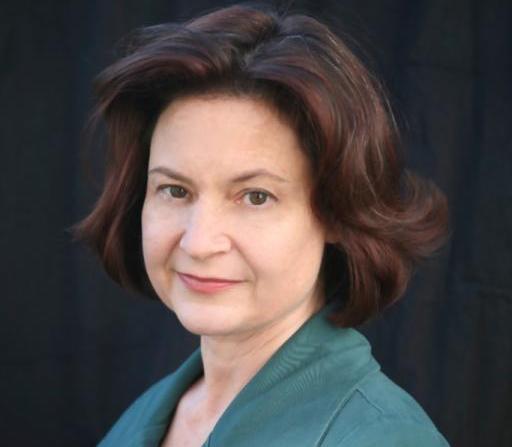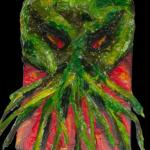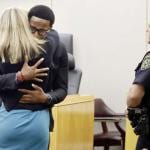
We have long struggled with the problem of broken families, as marriages are torn apart by divorce, leaving children without a full set of parents in the home. Families are also growing smaller, with fewer brothers and siblings and thus fewer uncles, aunts, cousins, and other extended family relationships. Mary Eberstadt, one of our most perceptive cultural analysts, shows how weakened family connections have resulted in children growing up without a sense of identity, which, in turn, has given us identity politics.
One of her many books from a few years ago is How the West Really Lost God, in which she argues against the conventional view that the decline of religion led to the sexual revolution. Rather, she shows that the sexual revolution caused the decline in religion!
Her latest book is Primal Screams: How the Sexual Revolution Created Identity Politics. Her contention is that a person’s sense of self and identity is formed by family relationships–fathers and mothers, to be sure, but also brothers and sisters, and the entire extended family, which gives a child a sense of belonging to a larger clan or tribe. In the absence of this kind of formation, children–who desperately need a sense of identity and belonging–seek it elsewhere.
To take one example, those who are put in the position of having to create their own identities in that sense can easily believe that they can create their own sexual and gender identities. Or they might fixate on race or ethnicity or sex or some other affinity group, many of which take political forms. Eberhardt laments this phenomenon, but she is also sympathetic, noting the closeness and supportiveness of many of these groups, which function something like a substitute family.
I’ll let another interesting cultural commentator, Michael Brendan Dougherty, tell you about the book:
Ever since reading How the West Really Lost God, I have been thinking, talking, and writing about how the shrinking size of families and their brittleness is exercising a powerful influence over our society and politics. Shrinking families means smaller networks of kinship and familial care, which spreads out. Your friends and neighbors have fewer brothers, sisters, and cousins who might serve as role models or a kind of professional network for those who don’t go to top-tier universities.
Now, in her new book, Primal Screams, Eberstadt explores how the unstable, half-formed, and shrinking family explains the urgent cries and screams found in modern identity politics, which emerged just as the sexual revolution was radically transforming the default family life for most Americans. . . .
The heart of Primal Screams is an argument that humans form their social identity and their sense of self through their relationships to their parents, siblings, and an extended network of cousins, aunts, and uncles. Not only this, but they previously may have found peace and purpose through their religious identity, which puts them, their neighbors, and all of society into a familial relationship with God, the father. In the absence of these character- and self-forming influences, atomized individuals are seeking solace, consolation, and power — occasionally vindictive power — in the most abstract form of political identity groups.
[Keep reading. . .]
The church, of course, also offers a sense of belonging and an identity. Eberhardt, a Catholic, sees religious identity as growing out of family identity. It often does so, but the church is even more foundational than family, and the relationship with Christ and other Christians can thrive even against family relationships when they oppose the Gospel (Matt 10:21, 35-37). The church is the “household of faith” (Gal 6:10)–that is, a family, with brothers and sisters in the faith–that bestows a new identity through baptism that transcends earthly categories (Gal 3:27-28). This can be good news, indeed, for the vast number of secularists who crave an identity and crave a sense of belonging.
Photo: Mary Eberstadt by Meyers, Eric [CC BY-SA 4.0 (https://creativecommons.org/licenses/by-sa/4.0)] via Wikimedia Commons













